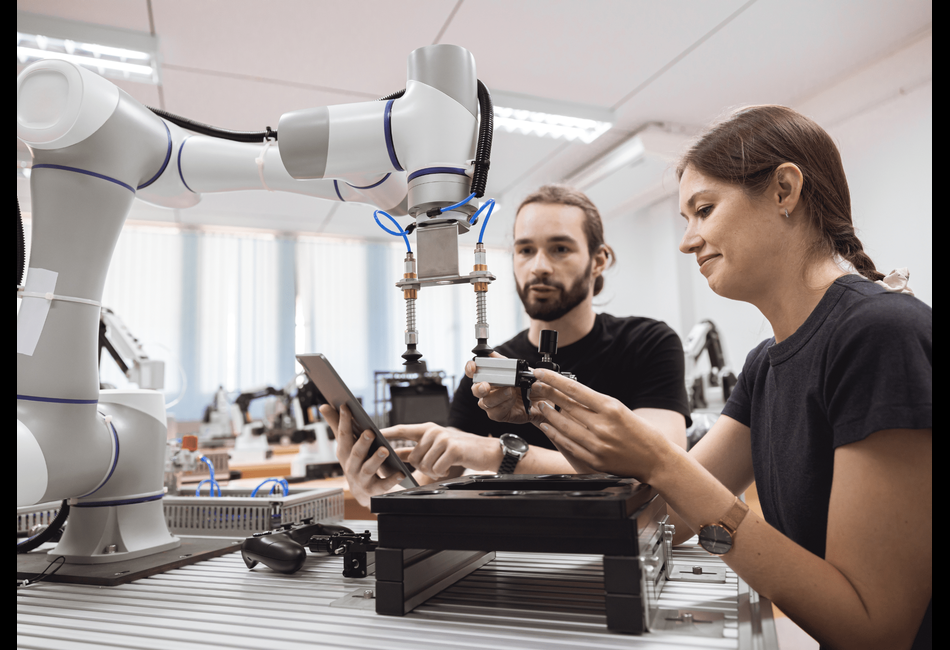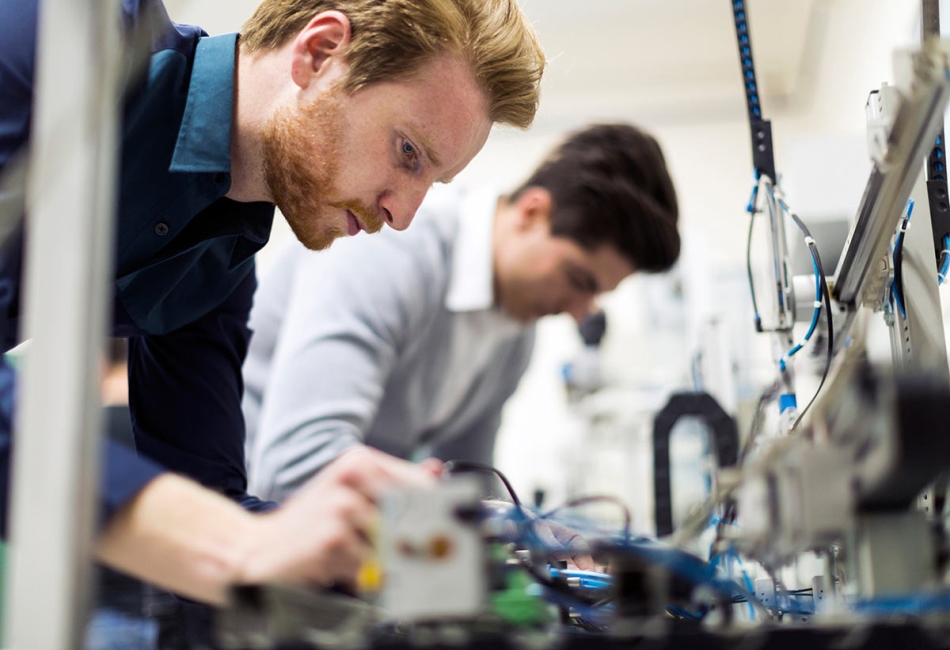Technology has become integral to our society, affecting the social aspects of our lives, our work, and the general way we go about our lives. We live and breathe it, from the time we wake up until the time we go to bed, we can see how technology is reshaping our daily existence. Smartphones, smart homes, artificial intelligence and digital platforms — these are not just conveniences of the modern world, but powerful tools that are affecting our decisions and our modes of communication and even the way we live.
Today, we’ll examine how technology affects many aspects of everyday life, including education, healthcare, business and social connections, and examine both the pros and cons it brings.
The E-volution: Movies Every Day And Computer In Your Face
A more visible aspect of how technology is molding us and our daily haunts is in this integration of the “digital mind” into the way we live our lives. With smartphones, wearables, and smart assistants like Alexa and Google Home, our lives are increasingly streamlined and efficient.
- Communication: Apps for social media, instant messaging and video calls means that people can stay in touch with each other from opposite sides of the world in seconds.
- Entertainment: Traditional TV and CDs have been replaced by streaming services such as Netflix, YouTube and Spotify, providing us with content on demand.
- Smart Home Devices: Smart devices are also aid in personal care such as by setting our room temperatures or by reminding us about our day schedules.
Multitasking has essentially become more efficient with the aid of technology, which has saved time and enhanced productivity.
Technology in Education: Redefining Learning
The world of education has undergone a large revolution with the growing availability of technology. Distance learning, virtual classrooms, and AI-powered education are the state of tech that has already made its way to your child’s life.
- Online Education Platforms: Sites and apps like Coursera, Udemy, and Khan Academy make learning accessible for anybody, anywhere.
- Virtual Classrooms: Apps like Zoom and Google Classroom are linking students and teachers across the globe.
- AI Tutors: Personalized learning apps give immediate feedback and tailor content to the individual strengths and weaknesses of the student.
This access has not only bettered formal education but has also unlocked possibilities for lifelong learning.
Healthcare and Wellness: A Digital Exodus
Another example of technology as a game changer in our daily lives can be seen in the healthcare industry. From telemedicine to wearable health monitors, technology is helping make health care more accessible and more effective.
- Telehealth Services: Patients can see doctors remotely, from your home.
- Wearable Devices: Smartwatches track your heart rate, your sleep, and detox routine giving you unprecedented insight at your health.
- AI in Medicine: Artificial intelligence aids in faster, more accurate diagnosis of diseases.
With these breakthroughs, health care is moving towards being Proactive, Preventive, and Personalized.
The Business World: New Technology As Growth Motive
As far as the oligopoly is concerned – that is the other sector of the same system – technology is revolutionising everyday life including in boardroom, in that it allows companies to operate in a more efficient way and to extend its reach to serve global markets.
- Remote Work: Tools like Slack, Zoom, and Trello enable employees to collaborate seamlessly from around the globe.
- E-commerce: Companies like Amazon and Shopify have disrupted the ways in which people shop, bringing convenience, choice and instant gratification.
- Automation & AI: Companies deploy artificial intelligence for customer support, data analysis, and operational efficiency.
Technology has also democratized the battlefield, making it possible for small businesses and startups to challenge the big boys.
Transportation and Smart Living
Whether it’s smart cars, scooters or even entire cities, technology is rapidly changing the way we move and where we call home.
- Apps for Getting Around: Uber, Lyft and the like offer cheap and fast rides.
- Smart Cars: Electric vehicles and self-driving technology offer safer, greener ways to get from point A to point B.
- Smart Homes: Devices such as smart locks and thermostats can improve home security and efficiency.
These innovations make life safer, decrease the environmental footprint, and increase convenience.
Social Connections in the Digital Age
Another aspect of life impacted by technology is how people maintain social and connection interactions. Even though technology enabled long-distance relationships and healthy friendships, it also caused a digital overreliance.
- Positive Impacts: Friends and families around the world stay in touch through social media and form online clubs according to interests and views.
- Negative Aspects: Screen exposure, and online comparison to others contribute to feeling digital anxiety and fatigue.
Thus, maintaining a balance is important to ensure smart use of possibilities.
Challenges of Technology in Everyday Life
Although there is no doubt about the benefits of technology, the way it changed and is changing the way of life has some challenges:
- Privacy Concerns – Presence online makes one vulnerable for data breaches.
- Digital Divide – Not all people have access to computers and the internet, contributing to the gap between urban and rural and rich and poor people.
- Overreliance – Excessive use of computers and digital devices harms health, both mental and physical.
- Job Displacement – Automation and the introduction of artificial intelligence substitute some traditional jobs and require new knowledge in employees.
Essentially, acknowledging these challenges helps to prevent irresponsible use of technology.
The Future: Where Is Technology Taking Us?
Future advancements in technology will further change everyday life prospects. The rise of the metaverse, quantum computers, and the further utilization of artificial intelligence will re-create human experiences. From virtual workspaces to artificial intelligence-assisted medicinal treatment, everything is possible. However, unprecedented advancements require unprecedented care.

FAQs on How Technology Is Transforming Everyday Life
Q1. What are the risks of technology in daily life?
Yes, problems like risks to privacy or addiction or social isolation can result from overuse or misuse of technology.
Q2. How has technology changed education?
E-learning, online classes, virtual tutorials, and personalized learning systems it has brought, is accessible from anywhere in the world.
Q3. What is the future of technology in everyday living?
The future will have more AI, smart cities, better health care and digital experiences like the metaverse.
Conclusion
There’s no question that technology is revolutionizing life on a basic level. Learning and working, connecting and taking care of our health: Technology underscores everything we do in modern society. Though it remains for us to rise to the challenges it presents, doing so responsibly can allow us to tap into more of the promise it holds for more opportunity, efficiency, and joy.





